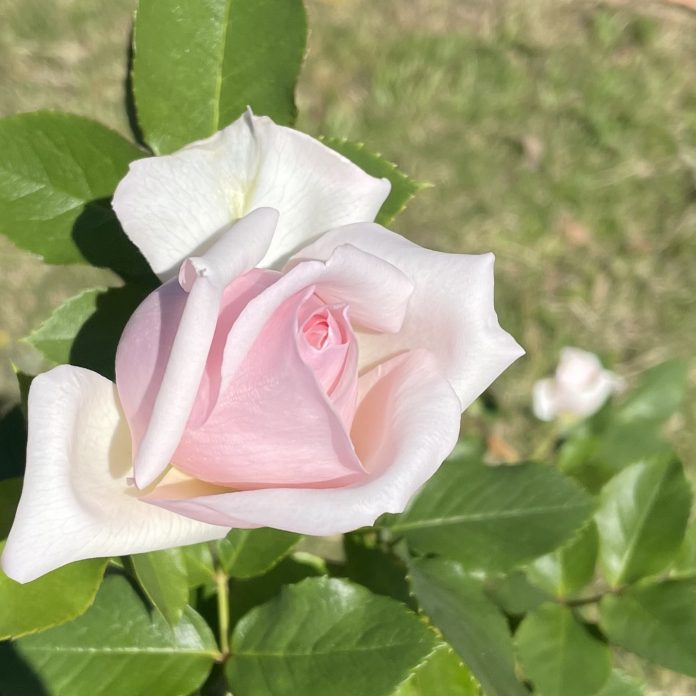We all have standards. They may not always be the same standards, but we all have them. Values that we hold dear, points of truth we will not compromise, a way of living that we hold as sacred.
Some of these standards come from the way we were raised, educated and trained to be in life, and these can be beliefs and ideals that vary from time to time, country to country, culture to culture, religion to religion. These standards are largely based on factors outside of ourselves, that we are taught to conform with and to.
We also have a living truth inside us that is common to all, that holds all life as sacred, all people as equal, all beings as one. We may not be consciously aware of it or always live by it; but this truth lives within us all, nonetheless.
As doctors, we have a standard known as the Hippocratic Oath, which includes the statement: “First, do no harm.” Do we hold this as a sacred standard for ourselves, in our personal lives and in our profession?
Doctors have not always held all life as sacred, as evidenced by the horrors in our history like the Nazi German experiments during the Second World War. But this is not just ancient or even past history … doctors have been used to inflict horrors on humanity before and since then, and still are to this day …
How did people who were trained to have the standards of holding all life as sacred – people who are in essence love, as we all are – come to treat their fellow brothers and sisters in such a heartless way?
How do we drop our standards?
Such horrors don’t come out of the blue … the shifting of standards away from truth and love can be incremental … small nudges that have us agreeing to one thing, and then another and another, until we may find ourselves living so far from the truth and so compromised that we are willing to follow orders, no matter what they are, to protect our own position and security.
Our medical training encourages us to follow orders unquestioningly, to abide by the set standards, even if they may not be true standards, and to disobey these orders at our peril.
We are trained to override the knowing of our bodies, in terms of how we are asked to treat ourselves, to go without enough water, healthy food (hospital food is not healthy!), adequate sleep, rest, time away from work to allow the development of healthy relationships with ourselves and others, in a way that separates us from our marker of truth, the wisdom of our bodies.
We are trained to feel inadequate, insecure, less than, not good enough, which leads us to seek outside validation and confirmation, to work in competition and comparison, and leaves us open to peer pressure, administrative orders, societal pressure, governmental dictation, to which we may submit, even if we know that what we are being asked to do is not true.
But at some point, even if we have strayed from our sacred standards, there comes a time when we have to say: Enough. There are values that I live by and hold dear and I will not violate these sacred values, no matter what.
How do we support ourselves to hold our sacred standards?
The more we take care of our bodies, feeding them healthy nourishing food, hydrating them with water, exercising, resting, and honouring them, the more we reconnect with the marker of truth that they are. They become our barometer, letting us know when all is not well inside and all around us. And rather than overriding that knowing – which may cause disturbance, discomfort or tension in us – with foods and activities that numb and dull our senses, like eating sugar or processed carbs, drinking alcohol and binge-watching Netflix on the couch or in bed, we can use that knowing to inform and direct us, to galvanise us into action. This action may not look like anything from the outside, and may be as simple as just holding steady and rather than allowing ourselves to be pulled into reaction to life, settling deeper into our bodies, into the well of truth inside us where no disturbance can enter.
There is an innermost part of us, our inner-heart, that can never be violated, no matter what. Learning to settle deeply into our bodies allows us to reconnect with this sacred centre, and develop a relationship with it as something that nourishes and sustains us, a place that we can return to again and again, no matter how often and how hard we are pulled out from time to time by the stresses, strains and chaos of daily life.
Holding this centre as our marker of truth, our sacred standard, allows us to move through life in a steady way, rather than feeling buffeted by all that is going on around us.
And the more we hold ourselves as steady, centred and sacred, the more we hold all others in this space.










Such a beautiful and very wise sharing and one that is needed to be out in the world more than ever before.
Lowering your standards by compromising against what you feel and know is true feels very unsettling and ill at ease in your body and then the justification comes into play.
Yes, integrity is something that is fading in many aspects of life. Taking responsibility for our own personal lives would be a huge step forward on our earth.
Ah! The varied tapestry of humankind….it seems there is a reluctance to embrace understanding and acceptance.